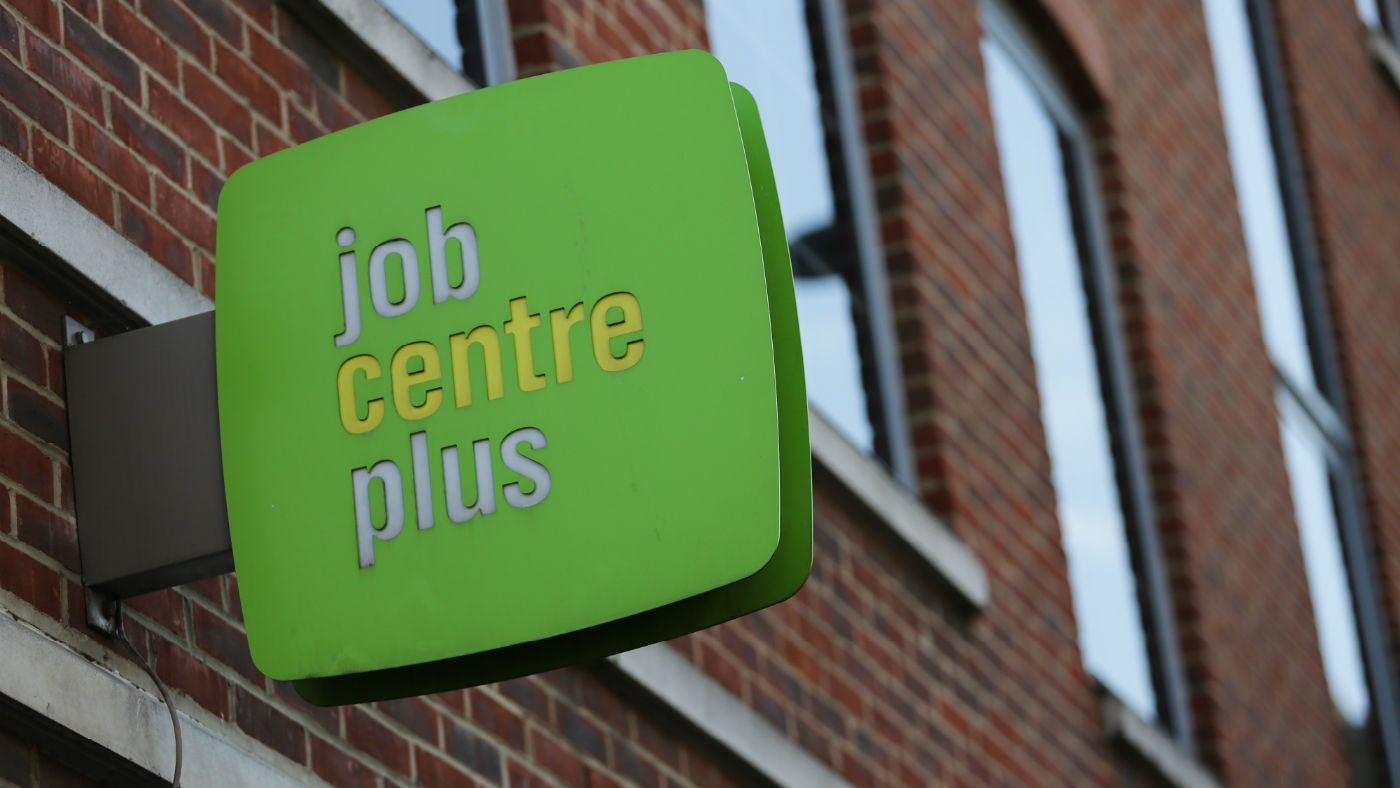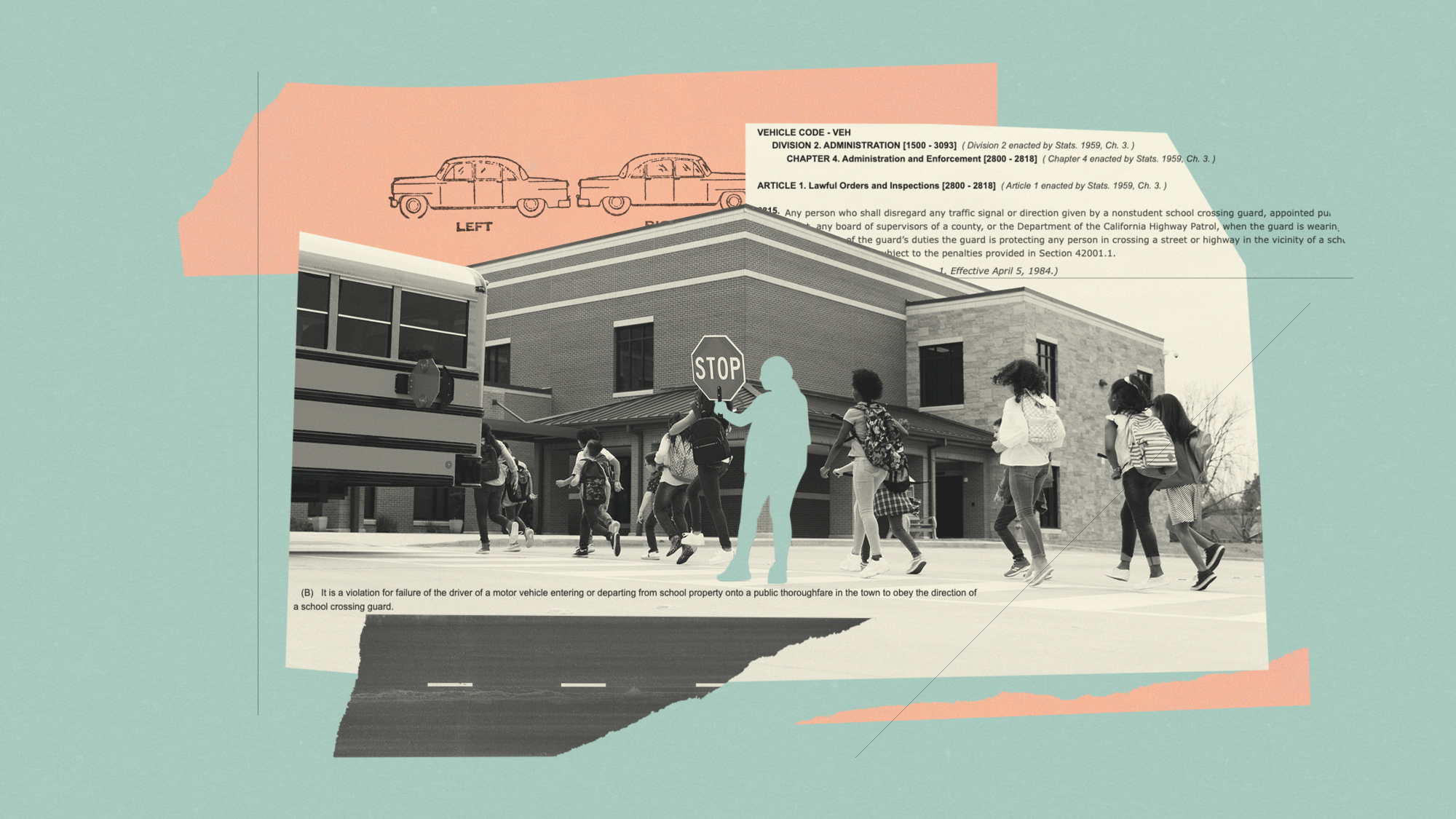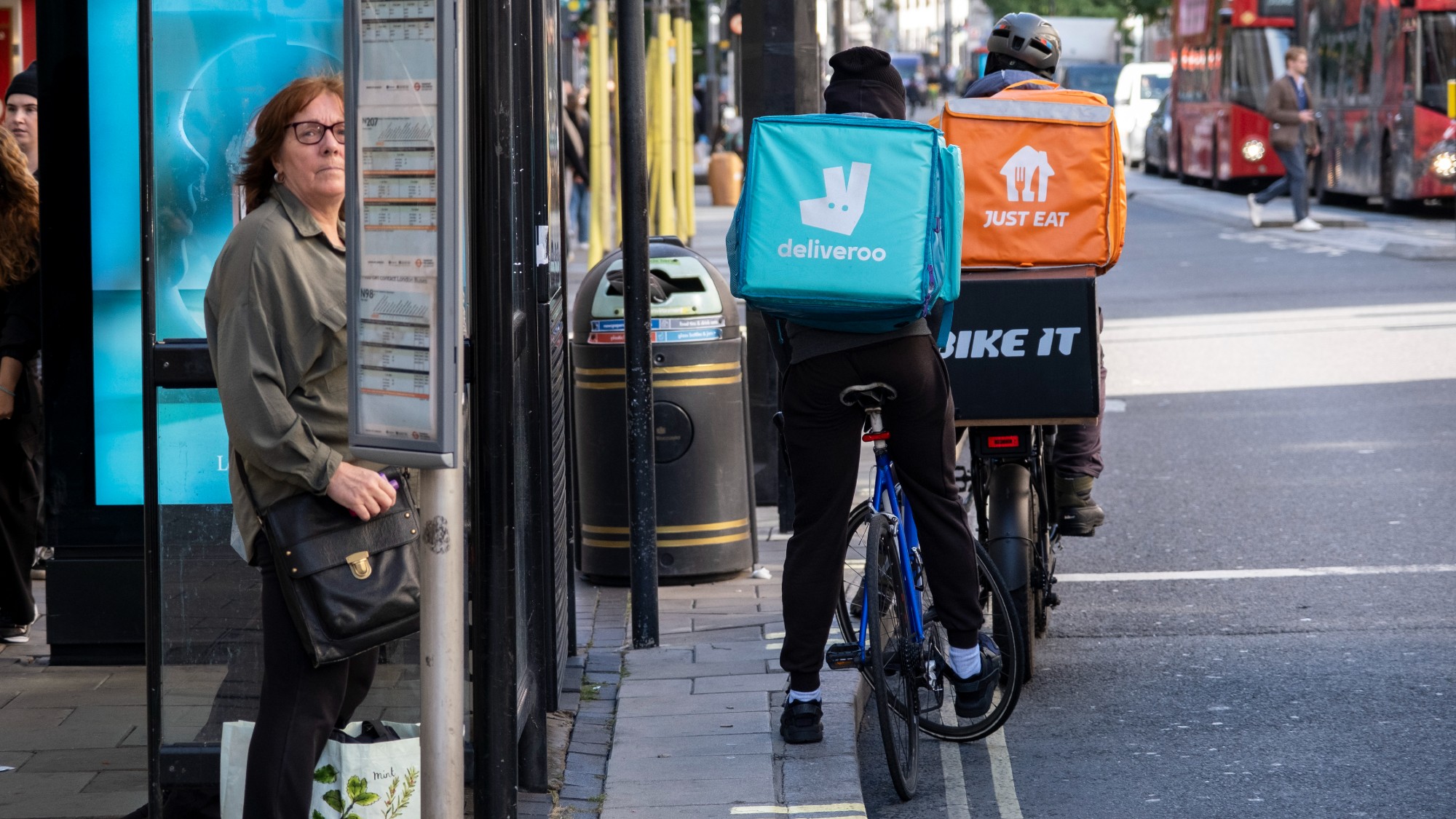UK unemployment predicted to hit nearly three million by Christmas
Experts warn that new jobs support scheme will not halt job losses as ‘tough’ winter looms

A free daily email with the biggest news stories of the day – and the best features from TheWeek.com
You are now subscribed
Your newsletter sign-up was successful
Almost three million people in the UK may be unemployed by Christmas as up to 1.5 million more jobs face the axe in the run-up to the festive season, two leading think tanks are warning.
With Covid-19 still “battering the economy” and the government’s Coronavirus Job Retention Scheme coming to an end on 31 October, more companies will be forced to lay off staff, says The Guardian. The predicted “surge in unemployment” would drive the unemployment rate above 8% for the first time in almost a decade, the newspaper adds.
The latest study from the Centre for Economics and Business Research (CEBR) found that UK businesses are planning to lay off more than a third (35%) of furloughed workers after the scheme ends this month - equivalent to 1.2 million staff.
The Week
Escape your echo chamber. Get the facts behind the news, plus analysis from multiple perspectives.

Sign up for The Week's Free Newsletters
From our morning news briefing to a weekly Good News Newsletter, get the best of The Week delivered directly to your inbox.
From our morning news briefing to a weekly Good News Newsletter, get the best of The Week delivered directly to your inbox.
And a further 300,000 jobs are also at risk, according to the think tank, which is echoing Chancellor Rishi Sunak’s warning of a “tough” winter ahead.
The CEBR agrees that “as the chancellor said, he can’t be expected to save every job throughout the crisis and a readjustment of the economy will be required”.
But “as hopes for an early return to normal recede and it indeed looks like some businesses in Covid hotspots will need to close in the coming weeks and month, the chancellor needs to act now despite the fiscal cost”, the economies consultancy adds.
The Institute of Public Policy Research (IPPR) is also warning of major job losses to come.
A free daily email with the biggest news stories of the day – and the best features from TheWeek.com
The think tank believes that the government’s new Job Support Scheme (JSS) “will do little to halt rising unemployment”, The Times reports.
The IPPR says that almost two-thirds of the three million people presently on furlough had been working in “viable” roles - jobs that are likely to become available again once Covid-19 restrictions are lifted.
But “we find that the new schemes will only save 230,000 of these jobs. As such, 1.8 million viable jobs which could otherwise be preserved will be lost, at great individual and wider economic cost,” the experts predict.
Mike Starling is the former digital features editor at The Week. He started his career in 2001 in Gloucestershire as a sports reporter and sub-editor and has held various roles as a writer and editor at news, travel and B2B publications. He has spoken at a number of sports business conferences and also worked as a consultant creating sports travel content for tourism boards. International experience includes spells living and working in Dubai, UAE; Brisbane, Australia; and Beirut, Lebanon.
-
 How the FCC’s ‘equal time’ rule works
How the FCC’s ‘equal time’ rule worksIn the Spotlight The law is at the heart of the Colbert-CBS conflict
-
 What is the endgame in the DHS shutdown?
What is the endgame in the DHS shutdown?Today’s Big Question Democrats want to rein in ICE’s immigration crackdown
-
 ‘Poor time management isn’t just an inconvenience’
‘Poor time management isn’t just an inconvenience’Instant Opinion Opinion, comment and editorials of the day
-
 Ski town strikers fight rising cost of living
Ski town strikers fight rising cost of livingThe Explainer Telluride is the latest ski resort experiencing a patroller strike
-
 Employees are branching out rather than moving up with career minimalism
Employees are branching out rather than moving up with career minimalismThe explainer From career ladder to lily pad
-
 Out of office: Microretirement is trending in the workplace
Out of office: Microretirement is trending in the workplaceThe explainer Long vacations are the new way to beat burnout
-
 Being a school crossing guard has become a deadly job
Being a school crossing guard has become a deadly jobUnder the Radar At least 230 crossing guards have been hit by cars over the last decade
-
 Why 'faceless bots' are interviewing job hunters
Why 'faceless bots' are interviewing job huntersIn The Spotlight Artificial intelligence is taking over a crucial part of recruitment
-
 Champagne problems: migrant vineyard workers treated 'like slaves'
Champagne problems: migrant vineyard workers treated 'like slaves'Under the Radar Convictions spotlight the 'exploitation and misery' at the heart of the 'glamorous' industry
-
 How many people are working illegally in the UK?
How many people are working illegally in the UK?The Explainer Government vows 'nationwide blitz' on illicit workforce believed to number in the hundreds of thousands
-
 What is 'career catfishing' and why are Gen Z doing it?
What is 'career catfishing' and why are Gen Z doing it?Under The Radar Successful job applicants are increasingly disappearing before their first day